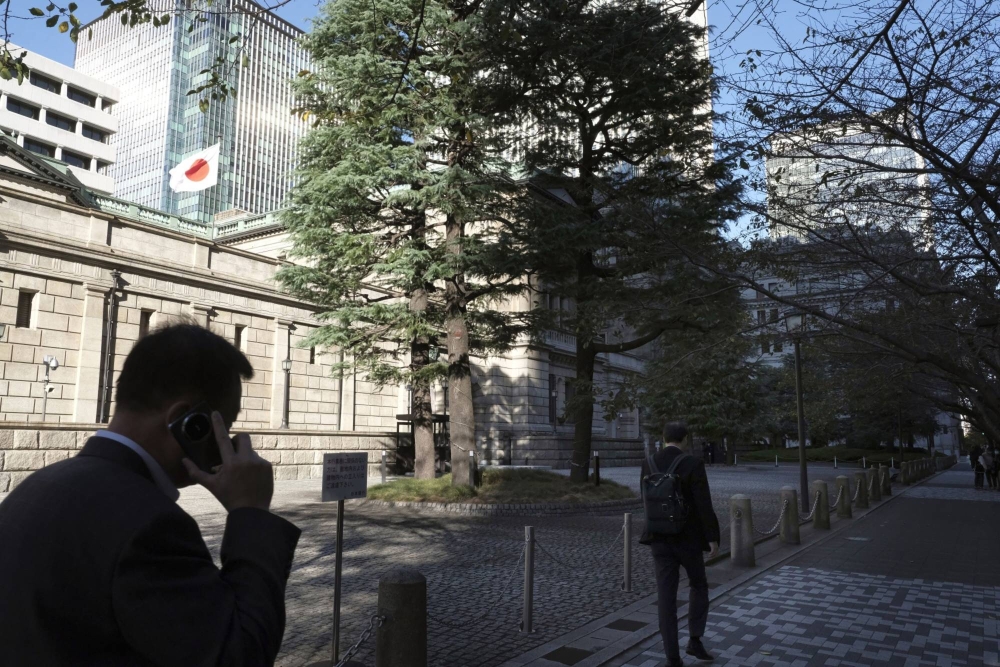When Ireland can agree to a unification referendum with Northern Ireland, according to the Good Friday Agreement
The 1998 Good Friday Agreement explicitly envisages a possible referendum on the creation of a United Ireland. A significant section of the text of the Agreement is specifically devoted to detailing what should happen. All the participants in the talks agreed…
Investments in the Economy amount to tangible output production. Speculative stocks are not
Would be useful to actually make a material distinction between investments and speculative investments. INVESTMENTS IN THE ECONOMY ARE MADE WITH THE EFFICIENT ALLOCATION IN FACTORS OF PRODUCTIONS, TO GENERATE A MATERIAL OUTPUT, GOODS AND SERVICES. THESE ARE INVESTMENTS. MATERIAL,…
Estimating volatility of Inflation metrics, implementing MSE volatility, ARCH GARCH HS comparison
Study of Inflation metrics volatility has been started with estimating the 3/6/9/12 months volatility extracted form Mean Squared Error in Core CPI in a range 0.2% 0.4%. Measure of volatility in Core CPI, that should be useful to determined the…
Love and Unity: Aristophanes’ Myth of Eros in Plato’s Symposium
Aristophanes manages to relieve himself of hiccups by applying a remedy – sneezing stimulation – suggested by Erissimachus, whose name, intentionally, means “fighter against belching.” The comic, teasing the doctor, notes that – curiously – the harmonious order (kosmion) of…






